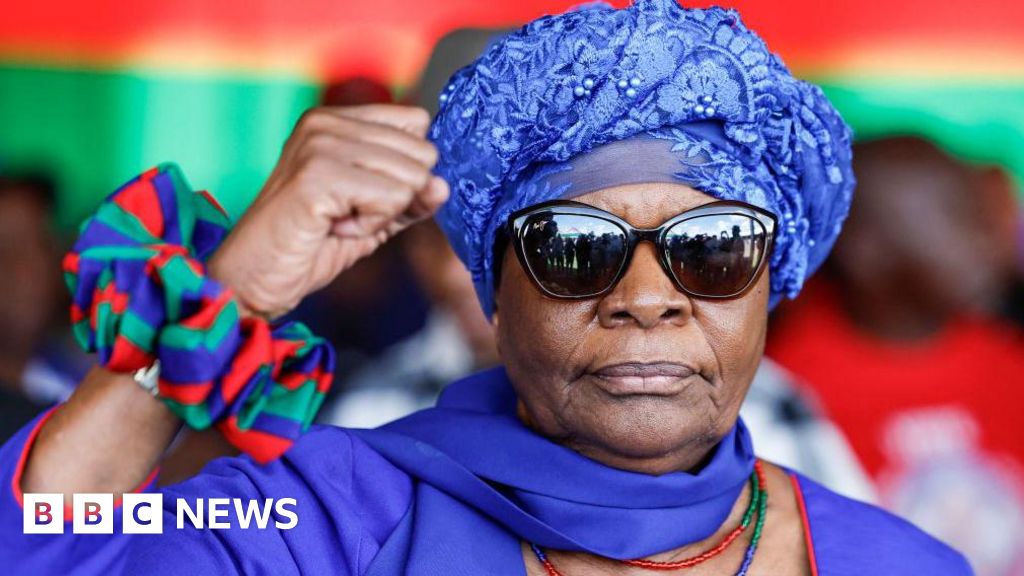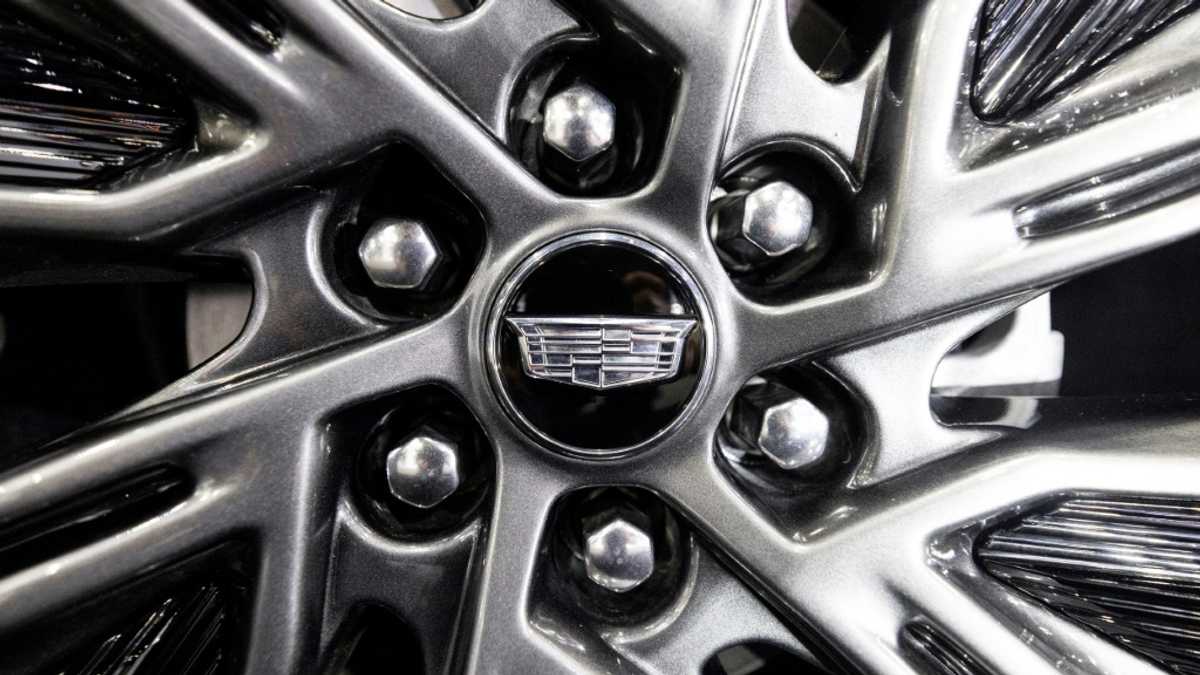Recommendations for electoral reforms canvassed at the recent workshop organised by the Court of Appeal can be useful as a prelude to a more embracing approach to the issue. There is no doubt that the defects inherent in the extant legal framework of Nigeria’s electoral systems as exposed by matters arising from the 2023 general elections threaten national peace and stability if not addressed. At a workshop recently held by the Court of Appeal on the review of the 2023 election petition tribunals/court and appeals, several recommendations were made to tighten the loose ends in the electoral laws.
The jurists proposed that electoral disputes should be decided before elected officers are sworn in and that the Alternative Dispute Resolution (ADR) mechanism should be adopted in dealing with pre-election matters. It was further recommended that all pre and post-election disputes should terminate at the Court of Appeal. An amendment to the Constitution to ensure that the nullification of the candidate of a deputy governorship does not affect the candidacy of the governorship candidate was canvassed.
The discussants advocated that Paragraph 25 (2) of the First Schedule to the Electoral Act that deals with Quorum be incorporated into Section 285 of the Constitution to read as follows: ‘If the Chairman of the tribunal or the presiding justice of the court, who begins the hearing of an election petition is disabled by illness or otherwise, the hearing may be recommended and concluded by another Chairman of the tribunal or presiding justice of the court appointed by the appropriate authority.’ Additionally, they resolved that appeals from pre and post-elections cases should be disposed of within 60 days from the date an appeal is entered in the Court of Appeal or the Supreme Court,’ and ‘not when judgment is delivered’; and further recommended that “the number of Justices of the Supreme Court and Court of Appeal should be increased to make justice accessible to the Nigerian people.”
On the issue of transmission of results, the jurists proposed that the Electoral Act be reviewed to avoid needless controversy as witnessed in the last general elections. It was further suggested that the electoral law should be amended to create an exception where a subpoenaed witness can still give evidence so long as the fact supporting his evidence or testimony is captured in the petition at the time of filing.
Evidently, these recommendations were inspired by the unprecedented public uproar that arose from the election season under review, particularly the presidential election. At a glance, the proposals are in sync with the will of the people; hence commendable. For instance, opinions are unanimous that pre and post-election petitions should be completely dispensed with before inauguration, and that the Court of Appeal should be the final arbiter of all petitions arising from the election except the presidential election. Points have been canvassed that if the litigation cycle is concluded before swearing in, there will be minimal politically induced tension.
However, candidates on joint-ticket should suffer the same inseverable fate if either of them is found wanting. Principal candidates are legally and morally bound to be diligent when selecting their running mates. It behooves them to run a comprehensive background check on potential running mates and should only make their final decision upon being satisfied that the preferred choice does not suffer from any legal disability. Therefore, any principal candidate that fails to do due diligence, should be willing to accept the consequences of his indiscretion. What if the principal is the one that is constitutionally disqualified, can the running mate continue the race without him? Joint candidates should rise and fall together.
Nevertheless, the recommendations are only a peripheral measure to a monstrous endemic problem. The elephant in the room is: why is Nigeria’s election ‘judicialised’? Is it due to glaring discrepancies in the process, or simply the highly litigious tendencies of the average politician or Nigerian? What are the factors threatening free and fair elections? A free, transparent, and credible election will produce less litigation than a compromised one. The staggering amount of litigations arising from primaries and elections signal that the current democratic system of government is gradually mutating into a ‘juristocracy’.
The 2023 general elections produced 1209 petitions at 80.82 per cent of the entire contested seats and a total of 813 appeals arising from pre-election cases. Femi Falana, SAN, asserts that Nigeria has the highest pre-election cases and election petitions in the world. The judiciary has consistently lamented this worrisome trend due to its monumental toll on the courts’ dockets and far-reaching implications on national economic development.
The President of the Court of Appeal, Justice Monica Dongban-Mensem, bemoaned the situation thus: “It is becoming economically alarming that the Nigerian judicial system is inundated with electoral litigation and adjudication almost all year round…The implication is that commercial matters are tied down in our courts. Industrial disputes and land matters, which when determined in good time could create jobs and release cash flow into the economy are tied down in court registries.”
Undoubtedly, the judicialisation of the electoral process speaks to the nation’s dysfunctional party system and electoral administration. Nigeria’s party system is not entrenched in democratic principles. The political parties do not practice internal democracy and possess zero integrity quotient. The principles of fairness, transparency, equity, justice, respect, dignity, and discipline are often lacking in Nigerian political parties. A system that unlawfully substitutes names of nominated candidates at will and allows one influential member to buy up all the nomination forms for a contested seat is morally bankrupt and unworthy to produce national leaders.
The Independent National Electoral Commission (INEC) has struggled to live up to its responsibility. Aside from its inability to conduct controversy-free general elections, INEC has been derelict in its disciplinary duty as well. It is public knowledge that candidates participated in two primaries at the last general elections under INEC’s watch without any consequence. Not only did the Electoral Act 2022, prohibit double nomination for a single candidate, it also criminalises it. Also, when political parties resorted to the antics of ‘placeholder’ to meet the deadline for the submission of the list of candidates, and later substituted the placeholders with other candidates outside the parameters of the law (Section 33 and 30(5) of the Electoral Act, 2022); INEC turned a blind eye!
Strengthening the existing electoral legal framework would require holistic reforms beyond the piecemeal solution, suggested by the Court of Appeal. For “Nigeria [to] be great” as prayed in the National Anthem, her party system has to be sanitised, as Nigerians can only elect their leaders from the candidates churned out by political parties.
Also, the electoral regulatory body and other stakeholders must be willing to act within the confines of the law. More importantly, any reforms without the reformation of the minds of the people will end in futility. Accordingly, Nigerians must demand an integrity-based electoral process and should narrow their voting optics to candidates of proven character, good conscience, and competence. The people must be willing to look beyond ethnic, religious, political, consanguineal, affinal, and other sentimental considerations and prioritise national interests above all.

 4 months ago
5
4 months ago
5














![[ICYMI] No N500m missing from customer’s account, says Access Bank](https://cdn.punchng.com/wp-content/uploads/2018/09/14183604/20180707-DSC_0077new.jpg)
 English (US) ·
English (US) ·